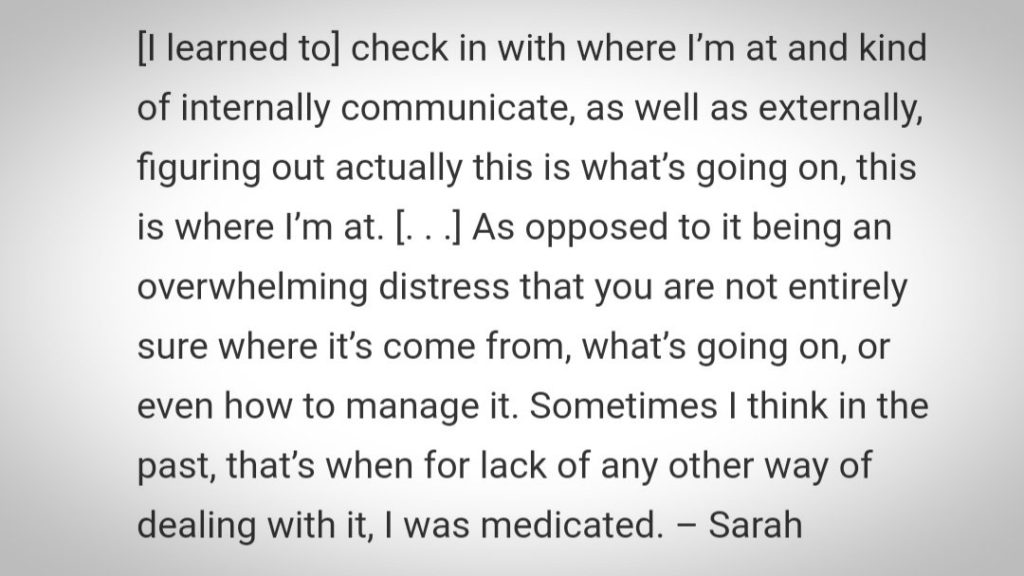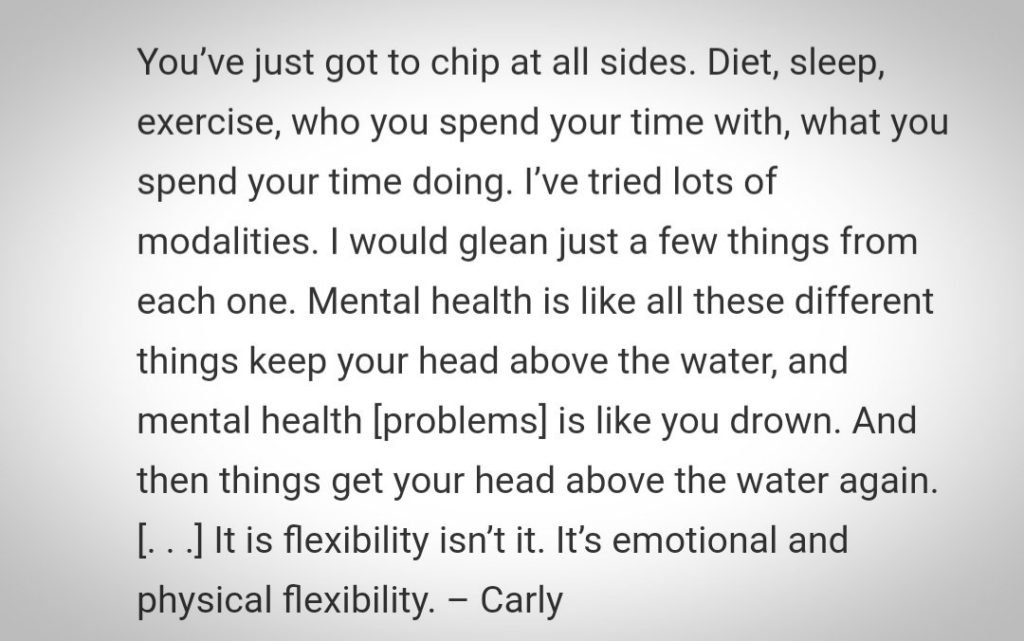Right now, New Zealand is carrying out a Royal Commission of Inquiry into Abuse in Care. This is an opportunity for people who have experienced abuse as children, youth or vulnerable adults in the care of faith-based or state institutions between 1950 and 1999 to shine a light on what happened to them, so this can be formally acknowledged, learned from, and hopefully better prevented in future. This invitation extends to people who have experienced abuse themselves and their supporters. The scope of the inquiry is broad and the commission is interested in all kinds of abusive experiences across all kinds of state care settings including social welfare, education, corrections, disability, health and mental-health settings.
Please take a moment to check out the Abuse in Care website to find out more how to get involved. www.abuseincare.org.nz/survivors/how-to-get-involved/
Another good reason to visit the Abuse in Care website is for the short films where survivor advocates share their stories and their hopes for justice and change. Each video is just a few minutes long but you will meet some remarkable people with a lot of wisdom. If you are a survivor of abuse in NZ institutions, you might find a bit of hope in seeing these stories being given voice and being heard – do think about getting involved if it feels right for you. You can do this in person or in writing, in private or as part of a public commission hearing. Nonetheless, these are difficult experiences to revisit and retell. There are lots of ways to support this kaupapa if it doesn’t feel right for you to participate yourself: it is also a big help to spread the word and help raise awareness. This is something we can all do, whether we are survivors of abuse in care ourselves or want to be an ally to those who are. You never know who is carrying a story that is ready to be told.
The commission is interested in hearing about experiences of “physical, sexual, and emotional or psychological abuse, and neglect” including “inadequate or improper treatment or care” and abuse “by a person involved in the provision of State care or care by a faith-based institution.” The commission recognises that “a person may be ‘involved in’ the provision of care in various ways. They may be, for example, representatives, members, staff, associates, contractors, volunteers, service providers, or others. The inquiry may also consider abuse by another care recipient.” While the inquiry is specifically focused on historic experiences of abuse that took place from 1950 to 1999, they may consider experiences of abuse that took place before or after this period.
The commission defines state care as follows: “State care means the State assumed responsibility, whether directly or indirectly, for the care of the individual concerned”. This can be as a result of “a decision or action by a State official, a court order, or a voluntary or consent-based process including, for example, the acceptance of self-referrals or the referral of an individual into care by a parent, guardian, or other person” and “the State may have assumed responsibility ‘indirectly’ when it passed on its authority or care functions to another individual, entity, or service provider, whether by delegation, contract, licence, or in any other way.”
The inquiry can consider abuse “by entities and service providers, including private entities and service providers, whether they are formally incorporated or not and however they are described.” These may be residential or non-residential settings and may provide voluntary or non-voluntary care. For the purpose of the inquiry, ‘State Care’ includes the following settings:
- Social welfare settings, including: (A) care and protection residences and youth justice residences: (B) child welfare and youth justice placements, including foster care and adoptions placements: (C) children’s homes, borstals, or similar facilities.
- Health and disability settings, including: (A) psychiatric hospitals or facilities (including all places within these facilities): (B) residential or non-residential disability facilities (including all places within these facilities): (C) non-residential psychiatric or disability care: (D) health camps.
- Educational settings, including: (A) early childhood educational facilities: (B) primary, intermediate, and secondary State schools, including boarding schools: (C) residential special schools and regional health schools: (D) teen parent units.
- Transitional and law enforcement settings, including: (A) police cells: (B) police custody: (C) court cells: (D) abuse that occurs on the way to, between, or out of State care facilities or settings.
The inquiry may consider abuse occurring in any place within the above facilities or settings and in the context of care but outside a particular facility. For example, abuse of a person in care, which occurred outside the premises, by a person who was involved in the provision of care, another person, or another care recipient.
Here is that link again:
www.abuseincare.org.nz/survivors/how-to-get-involved/









